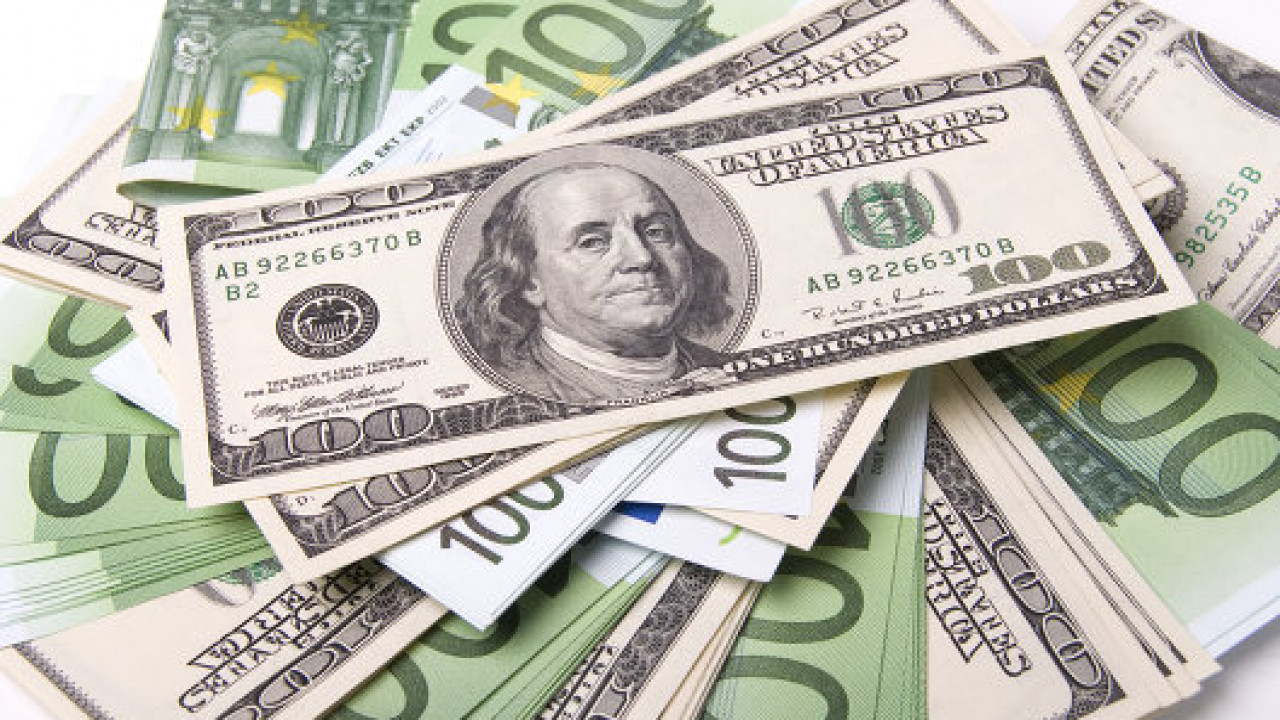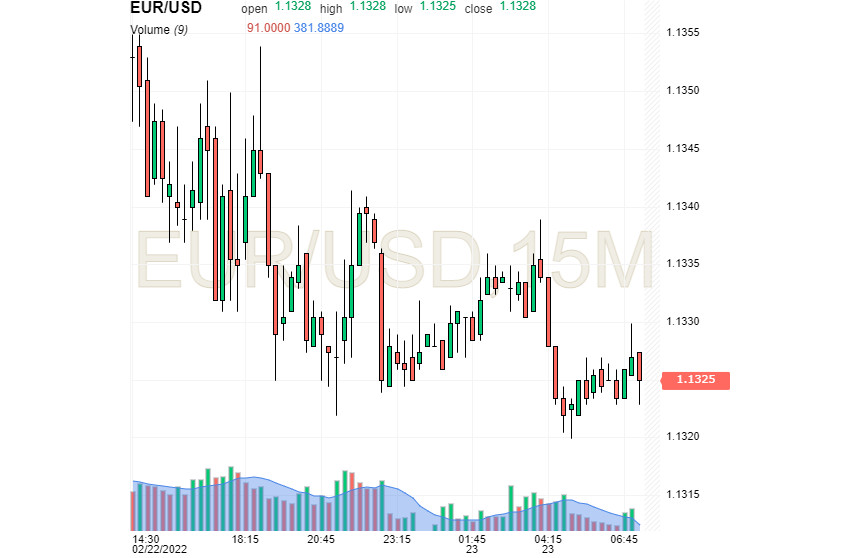
The euro has been trying to resist the geopolitical pressure for several days in a row. However, the euro failed to follow the greenback that breaks through one barrier after another.
Most experts are concerned about the low likelihood of a further rise in the euro. Traders are actively switching to safer assets, thus boosting the US dollar. The greenback has already benefited from the situation and it will hardly allow the euro to gain in value. The current state of affairs has a negative influence on the euro/dollar pair that continues falling amid risk aversion. At the moment, the pair is quite stable. Early on Wednesday, it was trading within the range of 1.1324-1.1325.

The euro's dynamic was seriously affected by the changes in the ECB's policy. Although the regulator was not planning to raise the benchmark rate, it finally decided to do so. The ECB's representatives were concerned that a sharp rise in the key rate might have impacted the European economy. However, both the Fed and the ECB have no way out amid the surging inflation.
The Federal Reserve also has to take the risk of higher inflation and make serious decisions. Meanwhile, the latest protocol unveiled that the regulator had not decided yet on the plan of actions. It is expected that it will act in accordance with the current conditions and revise monetary policy when it is necessary. That is why analysts suppose that the regulator may raise the benchmark rate 9 times this year.
The present situation has slightly shuttered the greenback's position. However, it is still gaining in value. Sometimes, the US dollar behavior contradicts the macroeconomic picture. Such a situation occurred on February 22. According to experts at the Conference Board, the US macroeconomic data for February failed to affect the greenback. According to the report, the consumer confidence index declined to 110.5 points against the expected drop to 110 points.
Meanwhile, the US composite PMI climbed to 56 points in February. In addition, the services PMI increased to 56.7 points (forecast – 53 points) and the manufacturing PMI rose to 57.5 points (forecast – 56 points).
Analysts suppose that positive data from Germany is supporting the euro. According to the Ifo institute, in February, the business climate indicator surged to 98.9 points. Economists had expected a smaller rise to 96.5 points. Notably, the results were not affected by the geopolitical situation. However, the rising tension is exerting pressure on the euro.
At present, the market situation remains tense, given the risk aversion caused by the Russia-Ukraine conflict. The introduction of sanctions against Russia also added fuel to the fire. The euro will hardly be in demand, if market sentiment worsens. The euro will show a rise only if the countries resolve the conflict. However, this scenario is hardly possible. In 2022-2023, the single currency is likely to lose value. Even the key interest rate hike will hardly improve the situation.





















